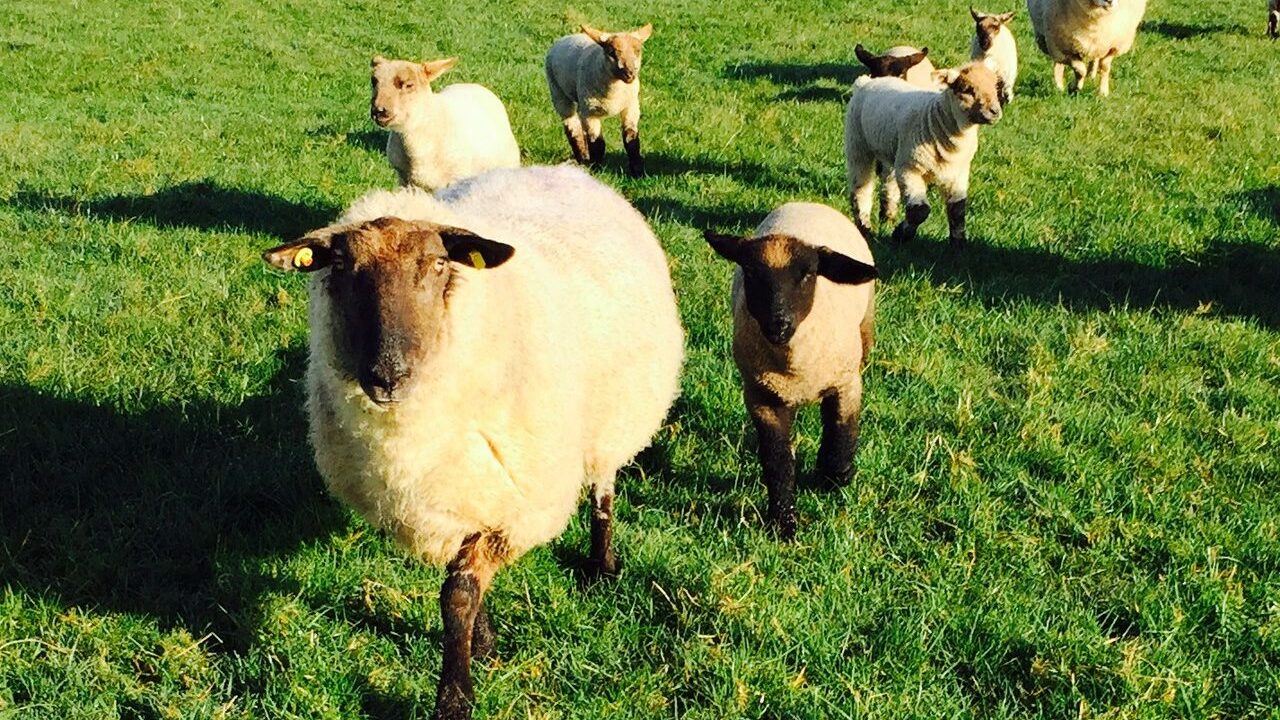The Irish Cattle and Sheep Farmers’ Association (ICSA) has criticised Meat Industry Ireland (MII) for what it claimed was “scaremongering” by the processor representative group on the outlook for the sheep sector.
Sean McNamara, the association’s sheep chairperson, dismissed indications from MII that the outlook for the sector is negative, claiming: “This is the usual scaremongering to try and beat farmers into submission.
“We see New Zealand lamb continues to be stocked in supermarkets, and yet we are told there is minimal demand for Irish product,” McNamara pointed out.
However, that does not equate with reports of supermarkets in Ireland and the UK running out of product.
“We are facing into Easter where demand for lamb should be strong and this will be followed on April 23 by Ramadan which continues until May 23,” he highlighted.
McNamara argued that this “will underpin demand for sheepmeat, and there is also the potential for a pent-up demand for product when Covid-19 restrictions are eased across Europe”.
However, the ICSA sheep chairperson stressed that there is “a lot of uncertainty” over the Covid-19 restrictions and when they might end.
Hoggets are scarce and spring lamb is a bit behind on a lot of farms after some hard weather. So farmers shouldn’t listen to all the doom mongering.
“The bottom line which must be borne in mind is that farmers have worked very hard throughout the spring and kept going during the Covid-19 crisis to keep supermarket shelves full. However, now more than ever, they should not be treated with complete contempt by processors and retailers,” McNamara remarked.
“Farmers have to make a margin or else there just won’t be quality assured lamb in EU markets for much longer,” he concluded.
‘Get me everything you can’
The increased retail demand for lamb at Easter time was also highlighted yesterday by the Irish Farmers’ Association (IFA).
IFA National Sheep Committee chairman Sean Dennehy said that factory instructions to agents were “get me everything you can get your hands on”.
Dennehy said factories are paying €5.60/kg, with reports of deals at €5.70 and as high as €5.80/kg including bonuses.
